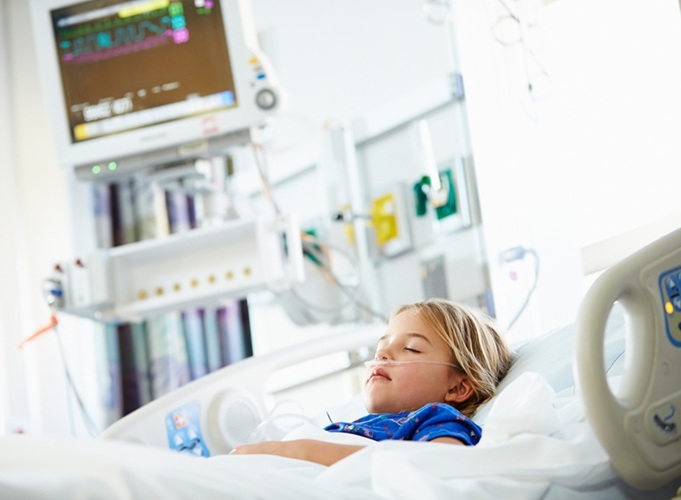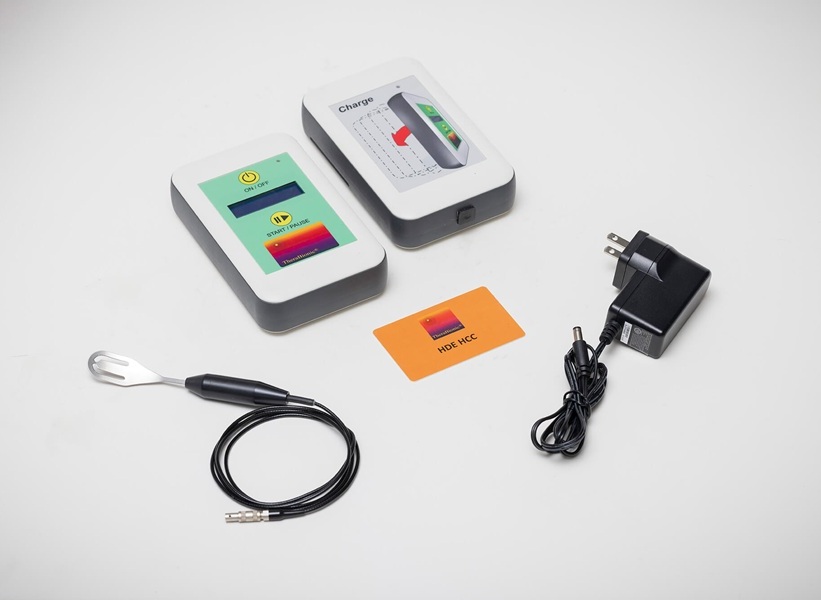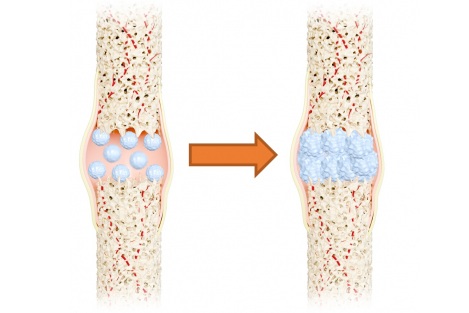MRI Identifies Patients at Higher Risk for Cardiac Sarcoidosis-Related Adverse Outcomes
|
By HospiMedica International staff writers Posted on 05 Oct 2022 |
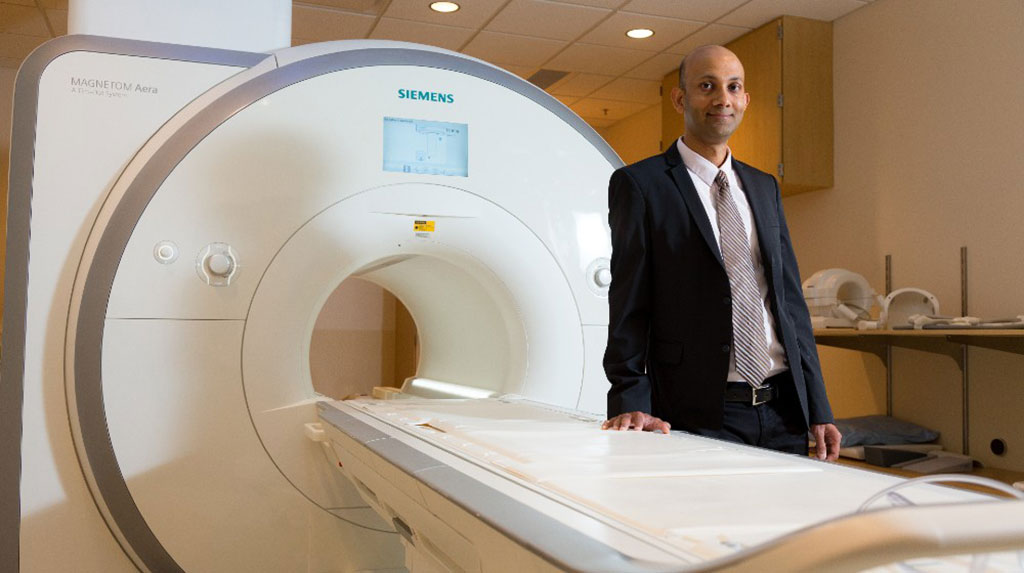
Cardiac sarcoidosis is a rare inflammatory heart disease that can result in rhythm disturbances and heart failure. Researchers have now found that patients with certain features on magnetic resonance imaging (MRI) of the heart are at much higher risk for cardiac sarcoidosis-related adverse outcomes. These patients may benefit from an implantable cardioverter defibrillator. Meanwhile, other features identified patients at very low risk who might not benefit from the device.
In this largest study yet of suspected cardiac sarcoidosis investigated by cardiac MRI, the researchers from the University of Minnesota Medical School (Minneapolis, MN, USA) studied 504 patients. The MRI features were based on the research team’s previously published study that described features of cardiac damage in the hearts of patients with cardiac sarcoidosis who had suddenly died or needed heart transplantation. Researchers note that these findings should be replicated in other, more diverse, cohorts. Whether clinical management guided by these cardiac MRI features improves outcomes in patients with suspected cardiac sarcoidosis should be prospectively tested in a randomized trial.
“Late gadolinium enhancement on cardiovascular magnetic resonance imaging is often used to diagnose cardiac sarcoidosis. Our research shows that not all patients with late gadolinium enhancement on cardiac MRI have the same risk of adverse outcomes, particularly ventricular arrhythmias,” said Chetan Shenoy, MBBS, MS, an associate professor of medicine at the University of Minnesota Medical School and the lead author of the study. “We believe our findings will help optimize the clinical care of patients with suspected cardiac sarcoidosis, and consequently, lead to better outcomes.”
Related Links:
University of Minnesota Medical School
Latest MRI News
Channels
Critical Care
view channel
Origami Robots to Deliver Medicine Less Invasively and More Effectively
Delivering medicine to ulcers or other internal sites often requires invasive procedures that can disrupt surrounding tissues and lengthen recovery times. Traditional magnetic actuators used in soft robotics... Read more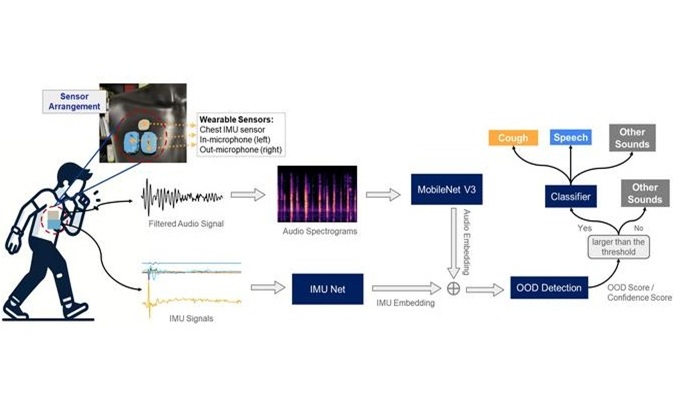
Improved Cough-Detection Technology Aids Health Monitoring
Coughing serves as an important biomarker for tracking a variety of conditions and can help monitor the progress of respiratory diseases or predict when someone’s asthma is being exacerbated.... Read moreSurgical Techniques
view channel
Novel Glue Prevents Complications After Breast Cancer Surgery
Seroma and prolonged lymphorrhea are among the most common complications following axillary lymphadenectomy in breast cancer patients. These postoperative issues can delay recovery and postpone the start... Read more
Breakthrough Brain Implant Enables Safer and More Precise Drug Delivery
Delivering medication directly to specific regions of the brain has long been a major challenge in treating neurological disorders. Current implants and infusion systems typically reach only one or two... Read morePatient Care
view channel
Revolutionary Automatic IV-Line Flushing Device to Enhance Infusion Care
More than 80% of in-hospital patients receive intravenous (IV) therapy. Every dose of IV medicine delivered in a small volume (<250 mL) infusion bag should be followed by subsequent flushing to ensure... Read more
VR Training Tool Combats Contamination of Portable Medical Equipment
Healthcare-associated infections (HAIs) impact one in every 31 patients, cause nearly 100,000 deaths each year, and cost USD 28.4 billion in direct medical expenses. Notably, up to 75% of these infections... Read more
Portable Biosensor Platform to Reduce Hospital-Acquired Infections
Approximately 4 million patients in the European Union acquire healthcare-associated infections (HAIs) or nosocomial infections each year, with around 37,000 deaths directly resulting from these infections,... Read moreFirst-Of-Its-Kind Portable Germicidal Light Technology Disinfects High-Touch Clinical Surfaces in Seconds
Reducing healthcare-acquired infections (HAIs) remains a pressing issue within global healthcare systems. In the United States alone, 1.7 million patients contract HAIs annually, leading to approximately... Read moreHealth IT
view channel
Printable Molecule-Selective Nanoparticles Enable Mass Production of Wearable Biosensors
The future of medicine is likely to focus on the personalization of healthcare—understanding exactly what an individual requires and delivering the appropriate combination of nutrients, metabolites, and... Read moreBusiness
view channel
Philips and Masimo Partner to Advance Patient Monitoring Measurement Technologies
Royal Philips (Amsterdam, Netherlands) and Masimo (Irvine, California, USA) have renewed their multi-year strategic collaboration, combining Philips’ expertise in patient monitoring with Masimo’s noninvasive... Read more
B. Braun Acquires Digital Microsurgery Company True Digital Surgery
The high-end microsurgery market in neurosurgery, spine, and ENT is undergoing a significant transformation. Traditional analog microscopes are giving way to digital exoscopes, which provide improved visualization,... Read more
CMEF 2025 to Promote Holistic and High-Quality Development of Medical and Health Industry
The 92nd China International Medical Equipment Fair (CMEF 2025) Autumn Exhibition is scheduled to be held from September 26 to 29 at the China Import and Export Fair Complex (Canton Fair Complex) in Guangzhou.... Read more











